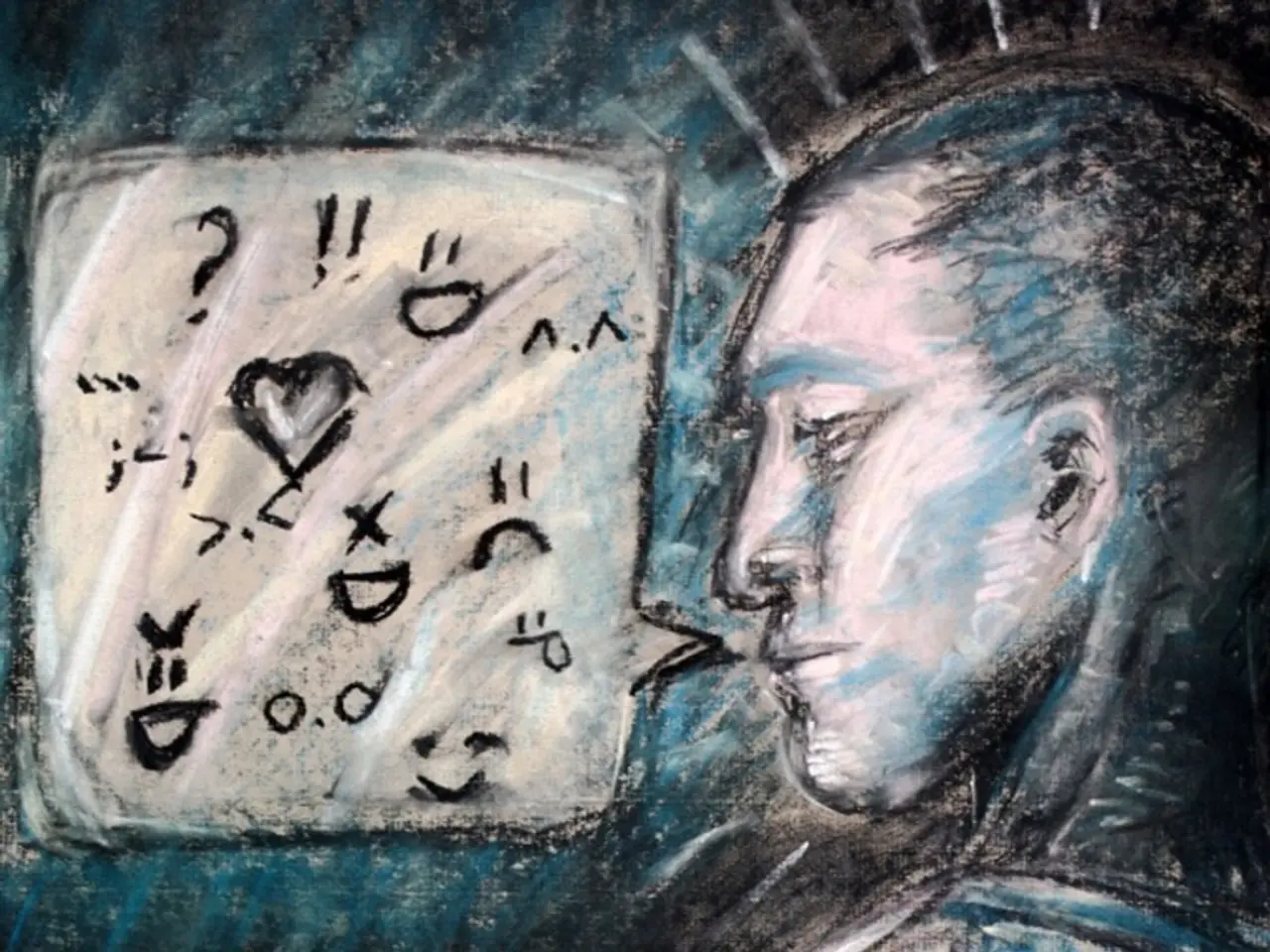Google Unveils a Chatbot Competitor, Challenging the Dominance of ChatGBT
Alphabet, the parent company of Google, has entered the AI language model race with the announcement of Claude, a new AI model designed to compete with OpenAI's ChatGPT. Claude is intended to improve natural language processing (NLP) capabilities in various industries.
Claude stands out with unique features that set it apart from ChatGPT. One of its key advantages is its personalized approach, which could potentially improve customer satisfaction in industries like customer service. Unlike ChatGPT, Claude does not have persistent memory for users; it only processes information within active conversations and cannot retain or personalize based on past interactions.
The personalization in Claude is achieved by analysing a user's previous interactions with the AI. This approach could potentially be a game-changer in industries such as customer service, where personalised responses can improve customer satisfaction.
Claude is designed with a focus on user privacy, not retaining or using user data beyond its intended use. It was trained on curated public datasets with no social media data included, emphasising safety and reliability. In contrast, ChatGPT also uses public and licensed data along with Reinforcement Learning with Human Feedback (RLHF), but includes a broader data scope, including social media data.
In terms of development progress and capabilities, ChatGPT's latest model is GPT-5, with a context window up to 128,000 tokens for Pro and Enterprise users. It supports multimodal input including text, images, voice, and via integrations, video. Claude's latest models are Claude Opus 4 and Sonnet 4 with a larger context window of 200,000 tokens available across all plans. Claude specialises in long-context reasoning, safe and consistent responses, and coding assistance. Its multimodal support is more limited, mainly static images.
Claude offers a more natural, less robotic writing style with a focus on safety and long-form output speed, optimised for low-latency and efficient handling of very long text inputs. ChatGPT, on the other hand, is praised for its versatility and ability to adapt to various styles and formats, excelling at creativity and understanding fine emotional tones due to memory and context.
The competition between Claude and ChatGPT will likely drive further innovation and progress in the field of AI language models. This competition will ultimately benefit businesses and consumers alike, as advancements in AI technology lead to improved services and products.
It remains unclear how Claude will perform in comparison to ChatGPT, and whether it will be able to attract the same level of attention and adoption. The development of Claude represents another advancement in the field of AI language models, and it will be interesting to see how it fares against its rival, ChatGPT.
In a nutshell, ChatGPT personalises conversations via memory, offers broader multimodal input, and supports extensive third-party integrations, while Claude focuses on larger context capacity, safer and consistent output with less personalization, and more recent training data, but with more limited multimodality and integration options.
Read also:
- Show a modicum of decency, truly
- Latest updates for July 31: Introduction of Ather 450S with expanded battery, unveiling of new Tesla dealership, and additional news
- VinFast's debut EV plant in India, Tata Harrier EV distribution starts, next-gen Mahindra Bolero sightings caught on camera
- Tesla-powered residences in Houston create a buyers' frenzy




